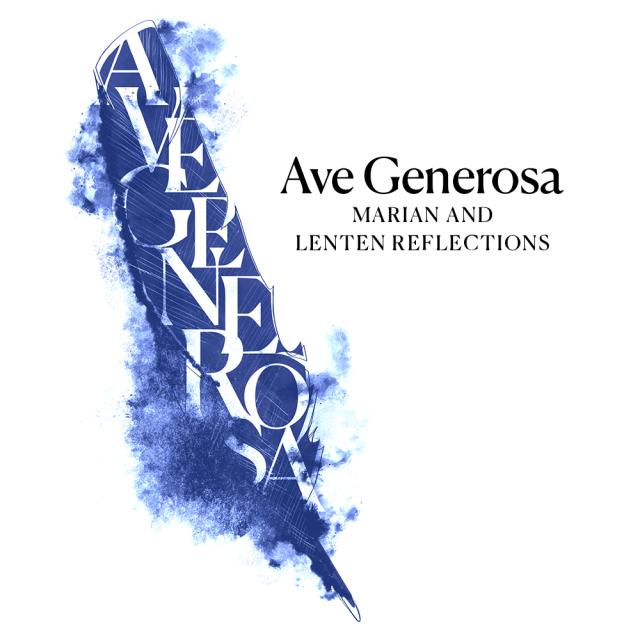Seven Questions about Confession
The Rev. Dr. Stuart Hoke on why confession
is good for the souls of both the listener
and the confessor.
What is confession?
The prayer book, in its old exhortation, said, if your
conscience grieves you, go to a discreet and understanding
priest, and open up your grief. Which was a
way of saying, articulate what’s going on; receive
words of counsel that assure you beyond the shadow
of a doubt that you are forgiven, and therefore, new
life is possible. You’ve got to get it out sometimes.
It’s really psychologically and spiritually important
to articulate the dis-ease, so that you can move on.
What is the theology behind confession?
Confession begins with the premise that there is nothing
that could ever separate us from the love of God. God
loves us no matter what. Using St. Paul’s words, not even
sin can separate us from the love of God. That’s the theological
fact. The sacrament is a way for us to make that
our own. The sacrament of Confession — the Rite of
Reconciliation — is about reconciliation, reestablishing a
relationship where we feel estrangement.
There’s a phrase in the Epistle to the Hebrews that
says, “Jesus was beset by weakness.” Part of Jesus’
nature was his weakness. He was not able to ward off
significant suffering from his life. Nor are we. The
incarnation is that he came down to our level, and chose
to live in our neighborhood, and to take up residence
right there. He knows, he senses, he feels everything
that we, as human beings do.
Where does empathy come into play?
If there’s empathy there, then the priest can be an incredibly good
listener. With empathy, I am able to sense what it is that you’re
feeling right now. I am able to sense where you’ve been suffering.
If I can do that, then I can help you extract whatever it is
that’s really causing you some pain right now.
How does confession affect the listener?
Confession is really two equals standing before God, confessing
humanity, and then asking God to help with that humanity, that
flawed-ness that’s part of our nature. Looking at it from that
aspect, it’s really liberating. It’s a concelebration of our humanity.
Together, they are holding on to an assurance that they are
human beings and are in need of redemption — and that God
loves them and forgives them.
Can confession happen outside churches
and traditional pastoral relationships?
As a veteran 12-step member, I’ve heard a lot of what they
call fifth steps, where people make a truthful inventory of
their assets and their deficits. They disclose who they are,
where their addiction has taken them, how they’ve hurt
others. Part of recovery is de-potentiating the tyranny of
the sin by calling it by its name. Twelve step recovery
works on guilt and shame, which are different. Guilt is,
“I’ve done something, and I need to do something about
that.” Shame is more, “I’ve done something, and I’m
appalled at my behavior.” Shame is healed when I hear
my story told on another person’s lips. It’s good when
12-step recovery and the Church can practice that kind
of mutual vulnerability.
What exactly is vulnerability’s role in
confession?
Healing occurs when I can show who I am to you in a spirit of
trust and when, together, we ask God to lift that up, hear it,
forgive it. Vulnerability is essential in confession; it requires
trust, it requires safety, it requires that someone who hears my
vulnerability be understanding and discreet.
Anyone can hear confession, can’t they?
That’s absolutely right. People hear confessions all the time.
They might not call it that. But people often go up to each other
and say, I need to talk to someone and tell you about what I’ve
done. And that other person has the full right and responsibility
as a baptized person, to say, I accept that. God accepts that. God
uses all of us as instruments of His peace. Grace is the love and
forgiveness of God, given to us when we least expect it, when it’s
desperately needed.






